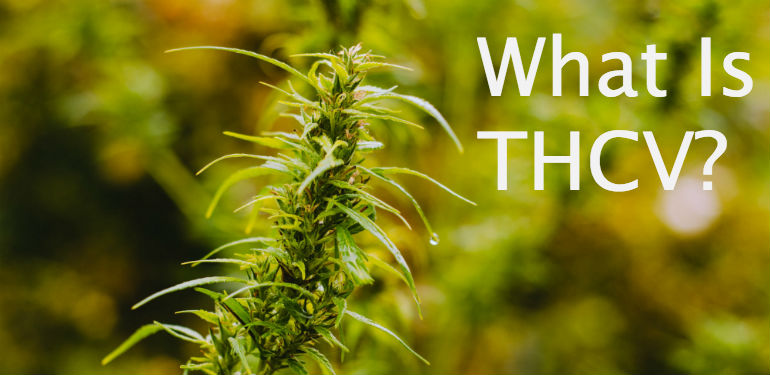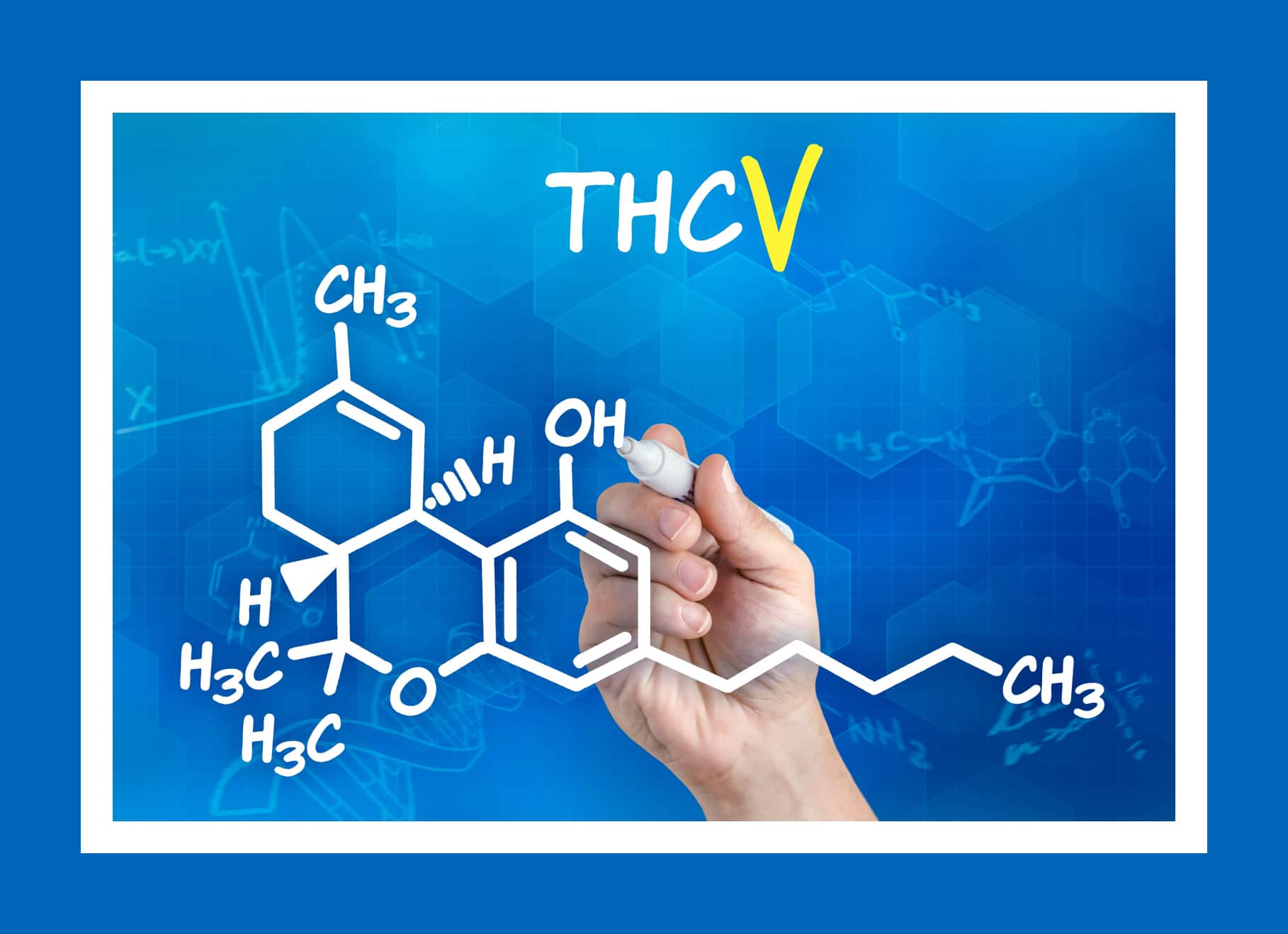Tetrahydrocannabivarin (THCV) is a cannabinoid substance found in marijuana and hemp plants. It's chemically similar to tetrahydrocannabinol (THC) however with some crucial differences. Here's whatever you need to understand about THCV consisting of the dangers, benefits, distinctions, and similarities with other forms of THC and more. What Is THCV? THCV is a less common cannabinoid found in some pressures of cannabis, specifically African sativa.
 Tetrahydrocannabivarin - Wikipedia
Tetrahydrocannabivarin - Wikipedia
 THCV vs THC: What Are the Differences? Articles Analytical Cannabis
THCV vs THC: What Are the Differences? Articles Analytical Cannabis
 THCV: What are the Benefits; Does it Get You High? - Vaping360
THCV: What are the Benefits; Does it Get You High? - Vaping360
THCV has a 3-carbon side chain rather than THC's 5-carbon side chain. This distinction is subtle, but it has a visible impact on the impact profile. THCV is somewhat psychoactive but only about and about. What Does THCV Seem like? THCV has a strong energy-boosting element to it, that makes it especially popular among students and athletes.
In the United States, THCV policy is nuanced. THCV is not an Arrange I Drug, but cannabis extracts are making get more info it somewhat ambiguous what the federal position is on THCV. The 2018 Farm Expense states that hemp plants and all derivatives of the plants are legal on a federal level, many business comply with this law and still supply THCV to clients by just extracting the compound from hemp plants.
If THCV is thought about a THC analog, it might be managed in the future by the very same rules as THC under the Federal Analog Act. This act states Go to this website that any substance that shares a comparable molecular profile as a recognized prohibited compound it's consisted of in the exact same drug Arrange classification.
What Are the Effects of THCV? Proponents of THCV report that it produces an intense burst of energy and makes them feel blissful without the psychological cloudiness triggered by THC. The effects are extremely moderate compared to THC. The results are nearly specifically cognitive yet somehow have extremely little effect on headspace.
2. THCV & Appetite Some THCV users declare that it curbs their appetite. This is a common effect of other focus-enhancing compounds as well. It's as though THCV gets rid of the interruption of other bodily procedures (like hunger) in order to protect resources and attention to cognitive jobs rather. How Does THCV Work? Cannabinoids produce biological impacts in the body by communicating with endocannabinoid receptors.
CB1 receptors are located in the nerve system and connect with neurotransmitters in the brain to produce mind-altering impacts. Interaction with CB1 sites is what provides some cannabinoids like THC their psychoactivity. THCV is a bit tricky to comprehend since it's mostly a CB1 villain, indicating it has the opposite effect as THC.
While researchers are still seeking to comprehend this procedure, it appears THCV is able to obstruct the effects of CB1 in low doses and stimulate them in high doses. CB2 receptors are discovered primarily in the body immune system. THCV is a partial agonist of CB2, but the impacts of this partial activity aren't popular, and it relatively has no discernible effect on THCV users' experience.
As discussed in the previous area, THCV is a CB1 villain in low doses which is the specific opposite effect of delta 8 and delta 9 THC. This might indicate that THCV neutralizes a few of the psychoactive results of THC. This result might describe why individuals who utilize THCV feel so clear-headed particularly compared to the notorious "fogginess" induced by delta 9 THC.